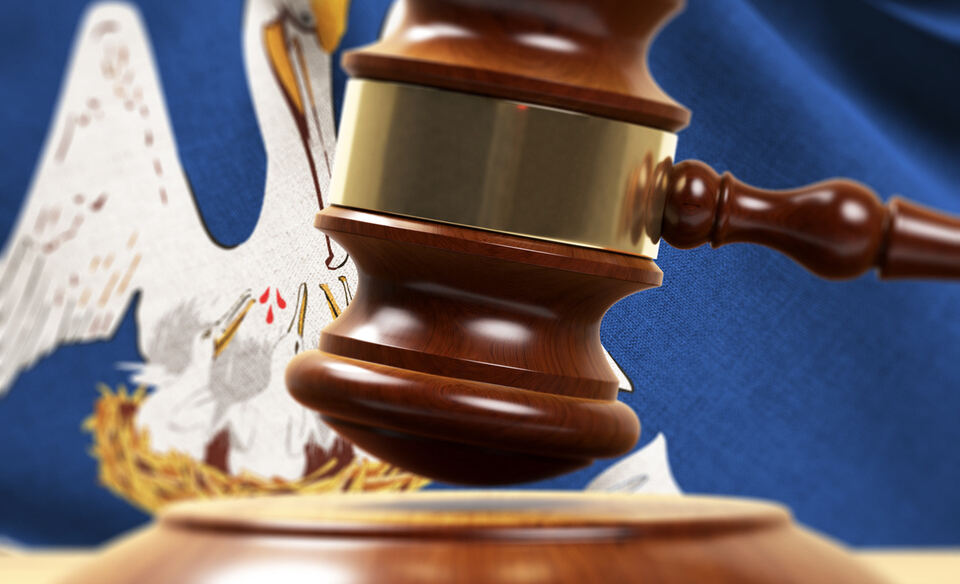
A Change of Course
Louisiana just threw a curveball in the national crackdown on sweepstakes casinos.
Governor Jeff Landry has vetoed Senate Bill 181, a measure that would’ve banned online casinos using dual-currency sweepstakes systems like Chumba, LuckyLand, and McLuck. The bill sailed through both chambers with unanimous support, but Landry wasn’t exactly sold on the idea.
In a veto letter sent June 12, he made his position crystal clear: He thinks the bill isn’t needed. Landry argues that Louisiana’s current laws already cover this space and that adding new ones could actually complicate enforcement.
He pointed to the Louisiana Gaming Control Board (LGCB), the Attorney General’s Office, and the State Police Gaming Division, all of which already have the power to regulate and shut down illegal gambling platforms. And they’re using it.
Case in point: the LGCB sent a cease-and-desist to Bovada, a major offshore sportsbook, which led to the site exiting the state. Landry says that’s proof the system’s working just fine.
“This bill attempts to criminalize certain secondary gambling activities on the internet that are already prohibited in Louisiana,” Landry wrote.
He also warned the bill’s language was “overly broad” and could actually get in the way of existing enforcement.
What the Bill Would Have Done
SB181, introduced by Sen. Adam Bass, specifically targeted dual-currency online games that use one currency for fun (Gold Coins) and another (Sweeps Coins) that can be redeemed for cash. If signed into law, the bill would have made running or supporting these platforms a criminal offense, with penalties ranging from $10,000 to $100,000 and up to five years in prison. It even would have gone after suppliers working with these platforms.
However, Landry’s veto ensures that is not going to happen, and the Social and Promotional Games Association (SPGA) wasted no time in backing this decision.
“Governor Landry’s veto is a powerful affirmation that not all online games are gambling and that innovation should not be met with prohibition,” said an SPGA spokesperson.
The group didn’t hold back. They said the bill blurred the line between real gambling and legal sweepstakes, lumping together legit free-to-play platforms with illegal operators.
Their argument is that
- These games aren’t gambling, they’re free to play
- Players don’t have to buy anything to win
- The model fits squarely within well-established sweepstakes laws
SPGA also warned that the bill would’ve shut down innovation, crushed companies who are actually obeying the law, and robbed players of options. Instead of solving a problem, they said, it would’ve created new ones.
With the veto, Louisiana now joins a growing list of states, including Florida, Mississippi, and Maryland, that’ve decided not to ban sweepstakes outright.
Can Lawmakers Override the Veto?
Technically? Yes.
Realistically? Don’t count on it.
In Louisiana, veto overrides are extremely rare, as only three have happened since 1974. Even with unanimous votes behind the bill, calling a special session just to challenge Landry isn’t something lawmakers are likely to bother with — especially on an issue where the governor’s already said the current system works just fine.
What’s Next for Sweeps in Louisiana
With SB181 out of the picture, sweepstakes casinos remain legal in the state—for now. Operators like VGW (Chumba), McLuck, and LuckyLand can breathe easy, but it doesn’t mean they’re in the clear forever.
The Louisiana Gaming Control Board and other regulators are still watching. If platforms cross the line into illegal territory, they won’t need a new law to shut things down hard and fast.
Also, this isn’t the end of gambling legislation in Louisiana. Another bill, HB639 is still on the governor’s desk. If signed, it’ll raise the sports betting tax rate from 15% to 21.5%. So while SB181 is dead, the larger gaming conversation in Louisiana is far from over.
